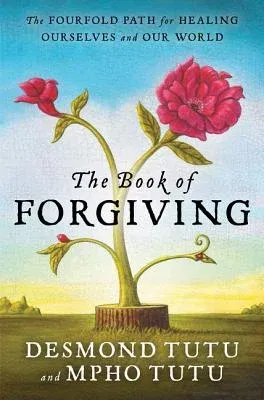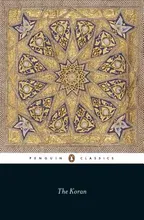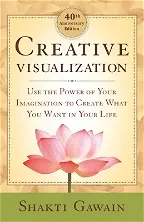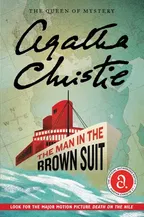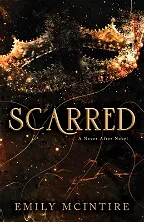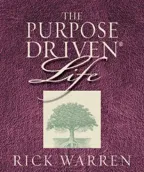Archbishop Desmond Tutu, Nobel Peace Prize winner, Chair of The
Elders, and Chair of South Africa's Truth and Reconciliation Commission,
along with his daughter, the Reverend Mpho Tutu, offer a manual on the
art of forgiveness--helping us to realize that we are all capable of
healing and transformation.**
Tutu's role as the Chair of the Truth and Reconciliation Commission
taught him much about forgiveness. If you asked anyone what they thought
was going to happen to South Africa after apartheid, almost universally
it was predicted that the country would be devastated by a comprehensive
bloodbath. Yet, instead of revenge and retribution, this new nation
chose to tread the difficult path of confession, forgiveness, and
reconciliation.
Each of us has a deep need to forgive and to be forgiven. After much
reflection on the process of forgiveness, Tutu has seen that there are
four important steps to healing: Admitting the wrong and acknowledging
the harm; Telling one's story and witnessing the anguish; Asking for
forgiveness and granting forgiveness; and renewing or releasing the
relationship. Forgiveness is hard work. Sometimes it even feels like an
impossible task. But it is only through walking this fourfold path that
Tutu says we can free ourselves of the endless and unyielding cycle of
pain and retribution. The Book of Forgiving is both a touchstone and a
tool, offering Tutu's wise advice and showing the way to experience
forgiveness. Ultimately, forgiving is the only means we have to heal
ourselves and our aching world.
